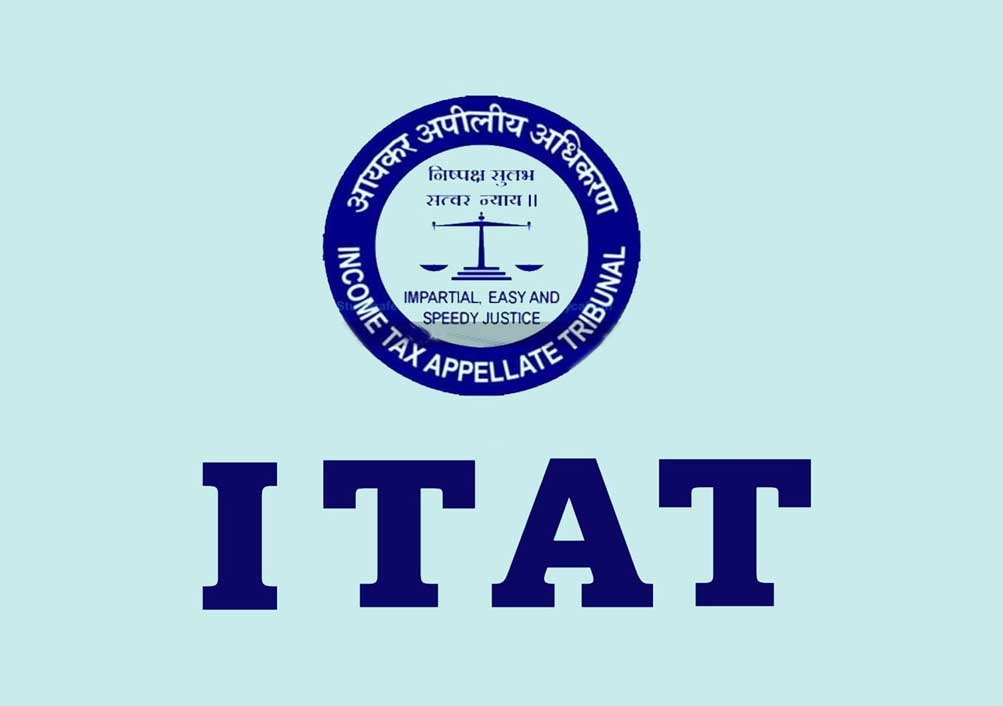ITA No.: 2558/Chn/2018- ITAT - Written-off irrecoverable advances allowable as business loss, rules ITAT (Chennai)
Members V. Durga Rao (Judicial) & Manjunatha. G (Accountant) [04-05-2023]

Read Order: Assistant Commissioner of Income Tax, v. V. Krishnamurthy
LE Correspondent
Chennai, May 22, 2023: The Chennai bench of the Income Tax Appellate Tribunal has held that the written-off irrecoverable advances partake the nature of a business loss and can be allowed as a deduction.
In the case at hand, the assessee, had debited a sum of Rs. 6,32,96,032/- under the head 'investment written-off' in the profit & loss account of Meena Enterprises, a proprietary concern. The Assessing Officer (AO) questioned the nature of these expenses and asked for an explanation from the assessee. The assessee explained that he had advanced a loan of Rs. 7.5 crores to M/s. Samjass IT Services India Ltd for the development of software related to his proprietary concern. However, due to global setbacks, the business of the company failed, and the assessee had to take over its fixed assets. The outstanding amount was adjusted against these assets, and the remaining balance was treated as a business loss. The AO noted that while the assessee claimed to have paid the amount to the company for the development of software for his proprietary concern, the company had classified the loss as unsecured loans in its books of accounts. Based on this, the AO concluded that the write-off of advances was in the nature of a capital loss and disallowed it as a deduction. On appeal, the Commissioner of Income Tax (Appeals) [CIT(A)] deleted the additions made by the AO. The CIT(A) held that the assessee had provided relevant evidence to prove that the written-off advances were revenue expenditure. It was evident that the loss was a business loss of a revenue nature.
The bench comprising of V. Durga Rao (Judicial) and Manjunatha. G (Accountant) observed that there was a direct connection between the advances given by the assessee to the company and the assessee's business. Additionally, it was found that the assessee had obtained a business advantage by providing the loan to the company.
Based on these findings, the bench concluded that the written-off irrecoverable advances given to the company were in the nature of a business loss. As such, it was deemed allowable as a deduction.
The bench ruled that the CIT(A) had rightly held that the assessee had filed all evidences to prove that how advances given to company were in the nature of revenue loss. Therefore, there was no error in the reasons given by the ld. CIT(A) to delete the additions made towards disallowance of written off of advances.
Sign up for our weekly newsletter to stay up to date on our product, events featured blog, special offer and all of the exciting things that take place here at Legitquest.




Add a Comment